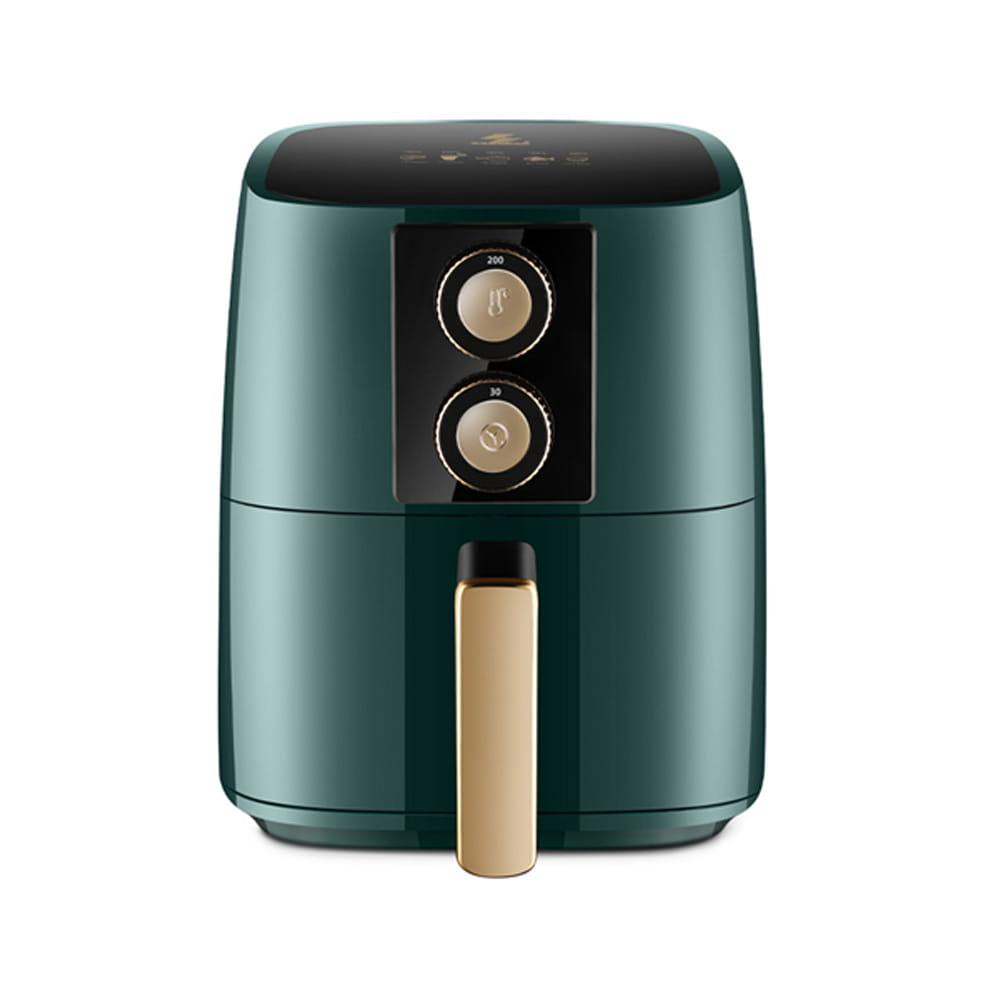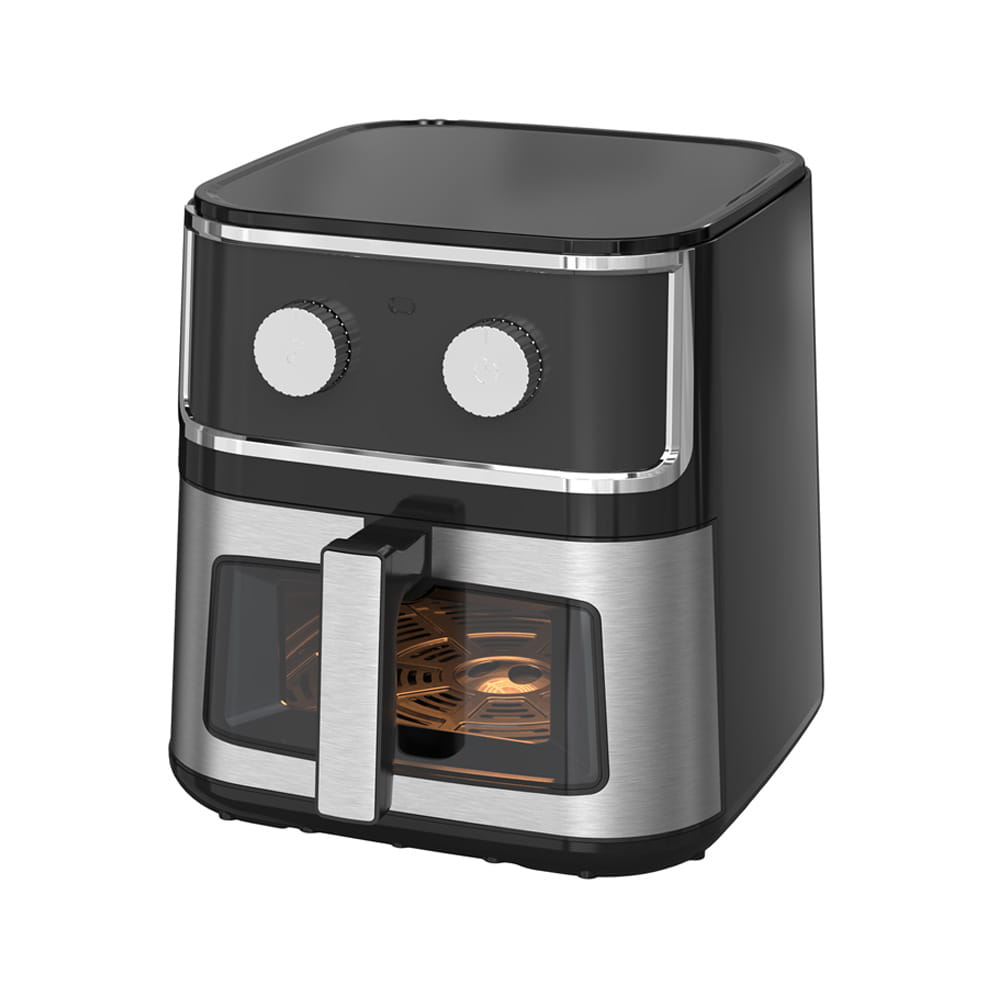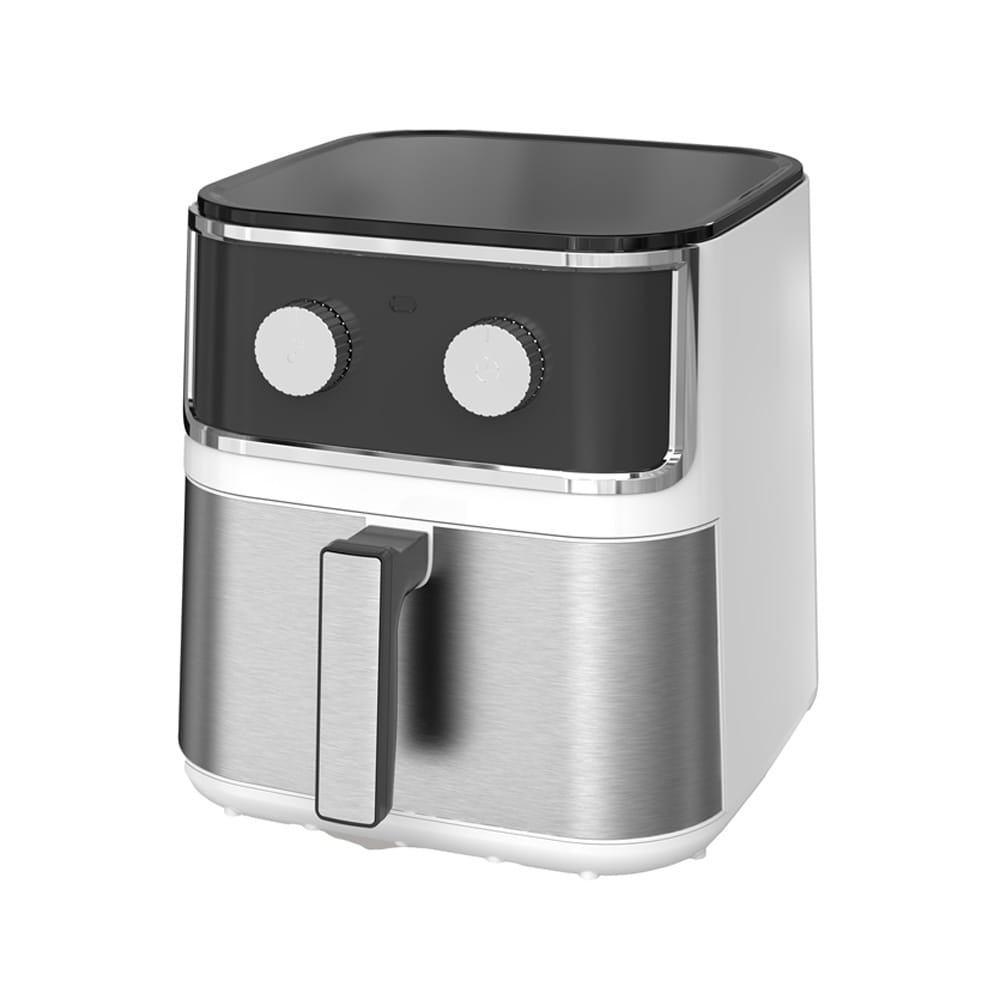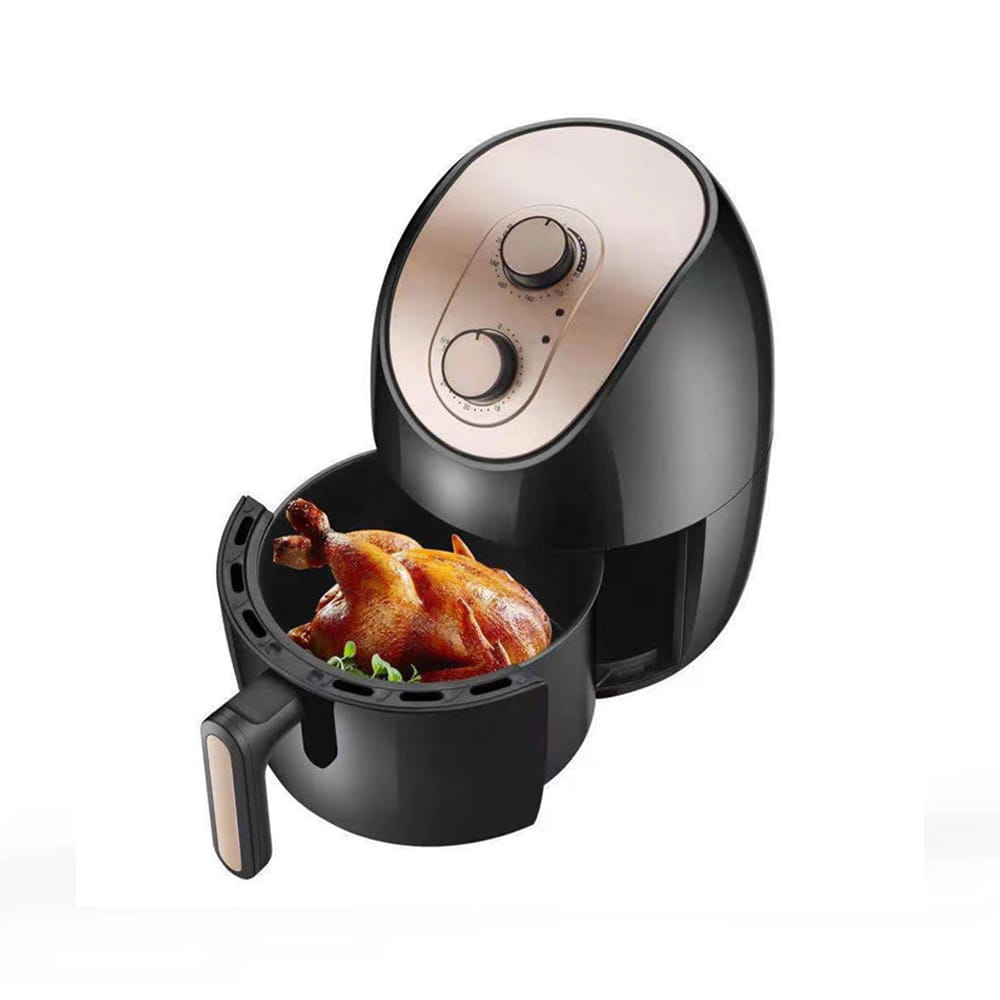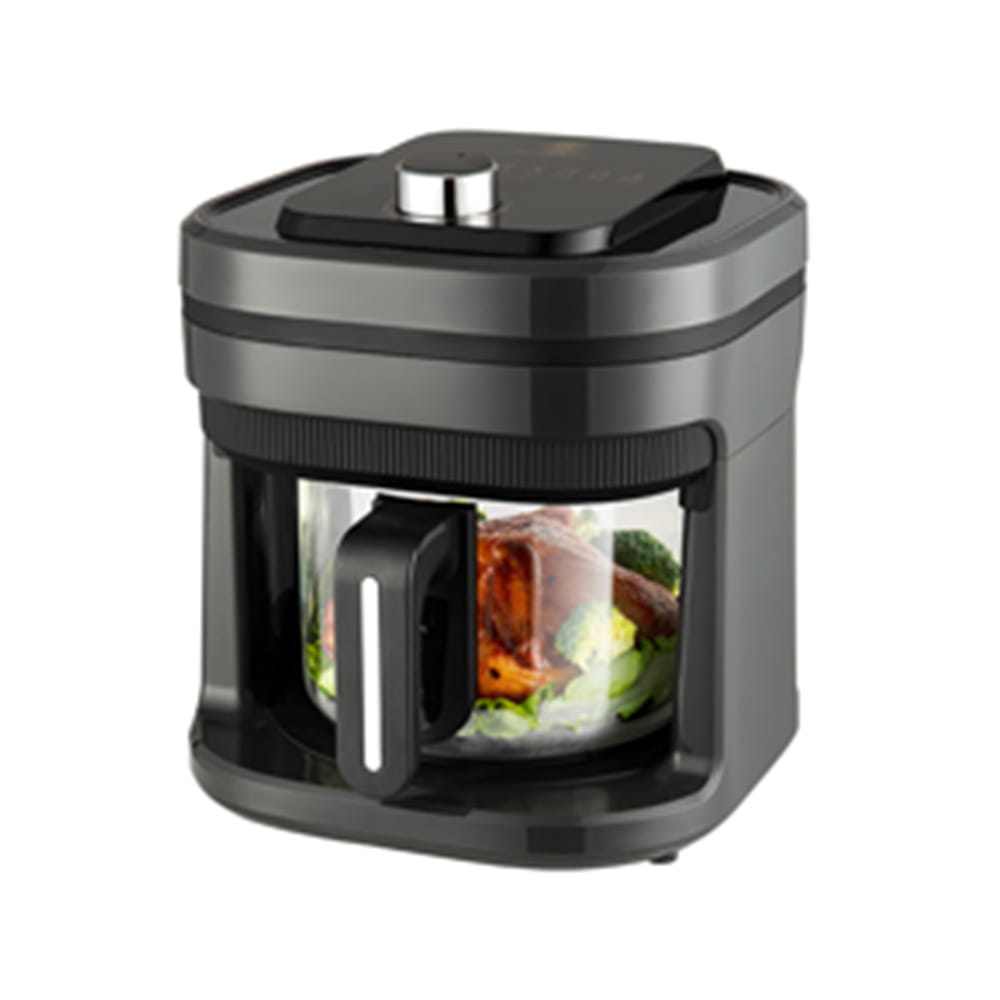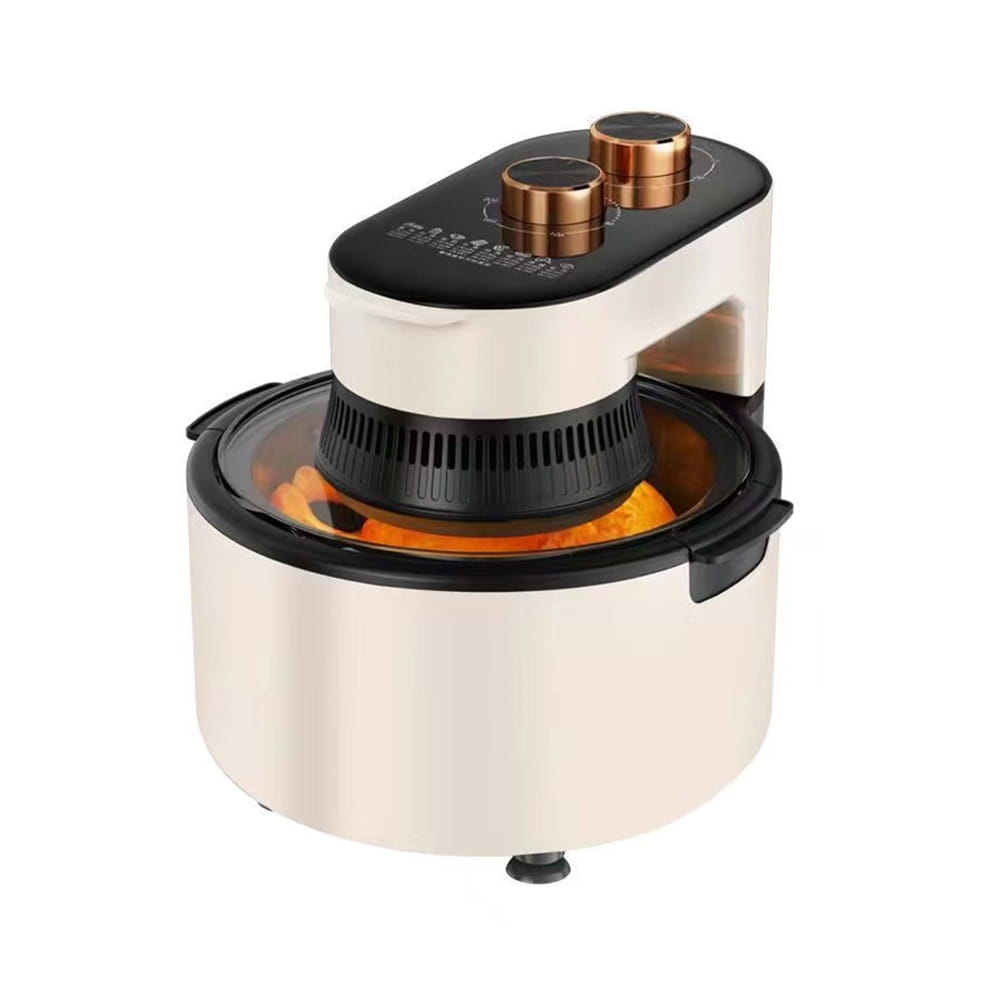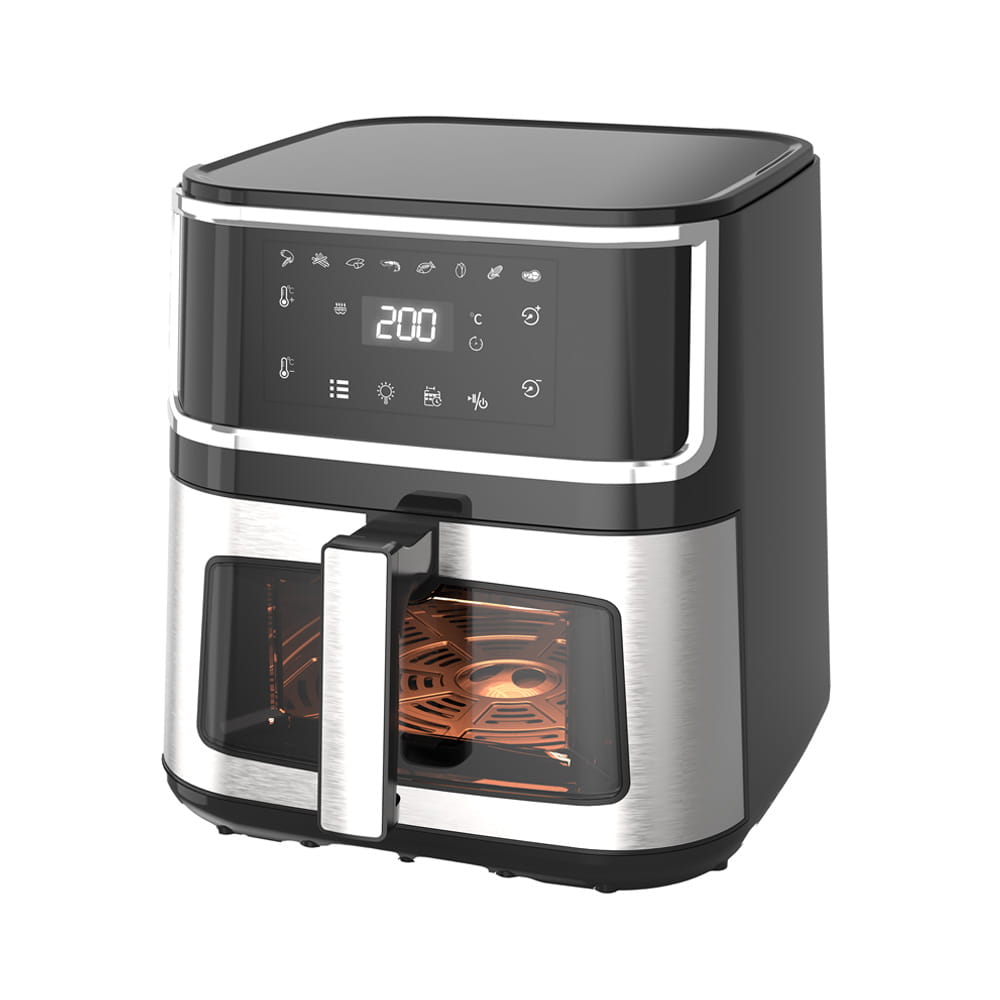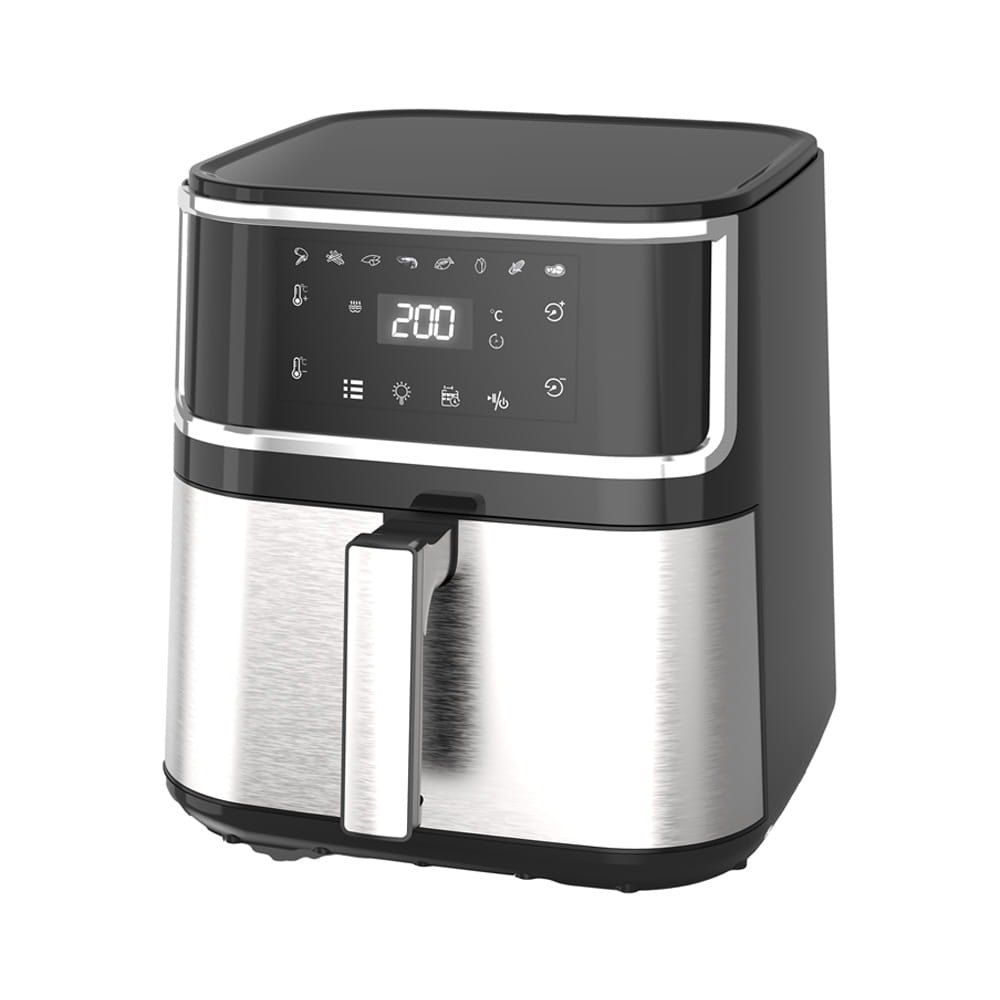The car's air conditioning system and on-board air pump are both vital components of modern vehicles. Although they both contain "air pump" in their names, they have significant differences in working principles, functions and application areas.
Differences in working principles
Air pumps in air conditioning systems
The air pump in the air conditioning system, commonly known as a "compressor", is mainly responsible for compressing the refrigerant and pushing it to circulate in the air conditioning system. Its working principle is to increase its pressure and temperature by compressing the gas, and then release it to the condenser for cooling. The air conditioning compressor is one of the core components in the air conditioning refrigeration process. Relying on the work of the compressor, the air conditioning can effectively exchange heat and provide cooling or heating.
On-board air pump
On-board air pumps are generally used for other functional systems, such as tire inflation, air suspension systems, or auxiliary air pressure requirements for air conditioning systems. The main function of the on-board air pump is to provide air flow or air pressure, rather than compressing and cooling the gas like the air conditioning compressor. Common types of on-board air pumps include electric air pumps, mechanical air pumps and energy storage air pumps, and their functions vary depending on the needs of different models.
Differences in functional applications
Air pumps in air conditioning systems
Air pumps (compressors) in air conditioning systems are specifically responsible for circulating refrigerants. The gas (usually refrigerant) in the air conditioning system needs to operate at specific temperatures and pressures to change between liquid and gas states to achieve cooling or heating effects. The air conditioning compressor compresses the refrigerant to a high pressure state and pushes it through the evaporator and condenser to achieve temperature control.
Car air pumps
Car air pumps have a wider range of applications. They can not only be used for tire inflation, but are also widely used in vehicle air suspension systems, auxiliary air flow systems, etc. Car air pumps generally provide lower air pressure and usually do not involve the process of high-pressure compression of refrigerants. Therefore, their role is to ensure the normal operation of wheel air pressure, vehicle comfort, and other vehicle functions by generating air flow or air pressure.
Differences in design and construction
Air pumps in air conditioning systems
The design of air conditioning compressors focuses on the requirements of high pressure and high temperature resistance. Due to the need to withstand the high pressure of the refrigerant, air conditioning compressors usually use more complex mechanical structures and need to maintain stability under more extreme working conditions. Most air conditioning compressors are driven by electric motors, connected to the engine's belt or electric system, and compress the refrigerant by rotating.
Car air pumps
Car air pumps are designed to focus more on airflow delivery and stability, and usually have lower pressure requirements. They are relatively simple in construction, and many car air pumps rely on electric motors to drive air flow by rotation or vibration. Compared with air conditioning compressors, car air pumps have a more relaxed working environment and a more compact and lightweight structure.
Differences in the demand for power and energy efficiency
Air pumps in air conditioning systems
Air conditioning compressors usually require more power to operate, especially during the startup phase. They have a large workload, especially in high temperature environments, and the air conditioning compressor needs to run frequently to ensure that the air conditioning system provides enough cold air. Therefore, the energy efficiency requirements of air conditioning compressors are high and will affect the overall energy consumption of the car.
Car air pumps
Car air pumps have relatively low power requirements. Since car air pumps are mainly used for inflation and airflow delivery, their working cycles are usually short and their power requirements are relatively low. Car air pumps operate more stably and consume less power, which puts less burden on the car battery.
Differences in fault manifestations and repair methods
Air pumps in air conditioning systems
Failures of air conditioning compressors are usually manifested as poor cooling effect, refrigerant leakage or abnormal noise from the compressor. When the compressor fails, the vehicle's air conditioning system will not work properly and may even cause refrigerant leakage. Repairs to air conditioning compressors usually require replacing the entire compressor or repairing its seals and other parts, so the repair cost is high.
Car air pumps
Failures of car air pumps are usually manifested by failure to provide sufficient airflow or low pressure. Common problems include motor failure, pipe blockage, poor sealing, etc. Repairs to car air pumps are usually simple, and many problems can be solved by cleaning, replacing the filter element, checking the power connection, etc., with low repair costs.
Maintenance cycle and life difference
Air pumps in air conditioning systems
The maintenance cycle of air conditioning compressors is long, but due to the heavy workload, they are easily affected by high temperature and wear. Therefore, the service life of air conditioning compressors is usually between 5 and 10 years, depending on the frequency of use and maintenance of the vehicle. Common maintenance includes checking for refrigerant leaks, cleaning dust from the compressor and pipes, etc.
Car air pump
Car air pumps usually have a long service life, especially when they are not used frequently. As long as the air pump can maintain a stable airflow output, its maintenance and replacement frequency is relatively low. Regular maintenance measures such as checking the connecting pipes and cleaning the filters can effectively extend its service life.
Differences in performance impact
Air pumps in air conditioning systems
The performance of the air conditioning compressor directly affects the cooling effect and energy efficiency of the vehicle's air conditioning system. If the compressor fails, the cooling effect will be greatly reduced, and the owner may experience unstable temperature in the car or the air conditioning cannot start.
Car air pump
The performance of the car air pump is usually directly related to functions such as tire pressure and air suspension system. If there is a problem with the car air pump, it may cause insufficient tire pressure and affect the vehicle's handling performance or comfort. Although the failure of the car air pump will not affect the core driving performance of the vehicle like the air conditioning compressor, it still needs to be checked and repaired in time.

 English
English Español
Español